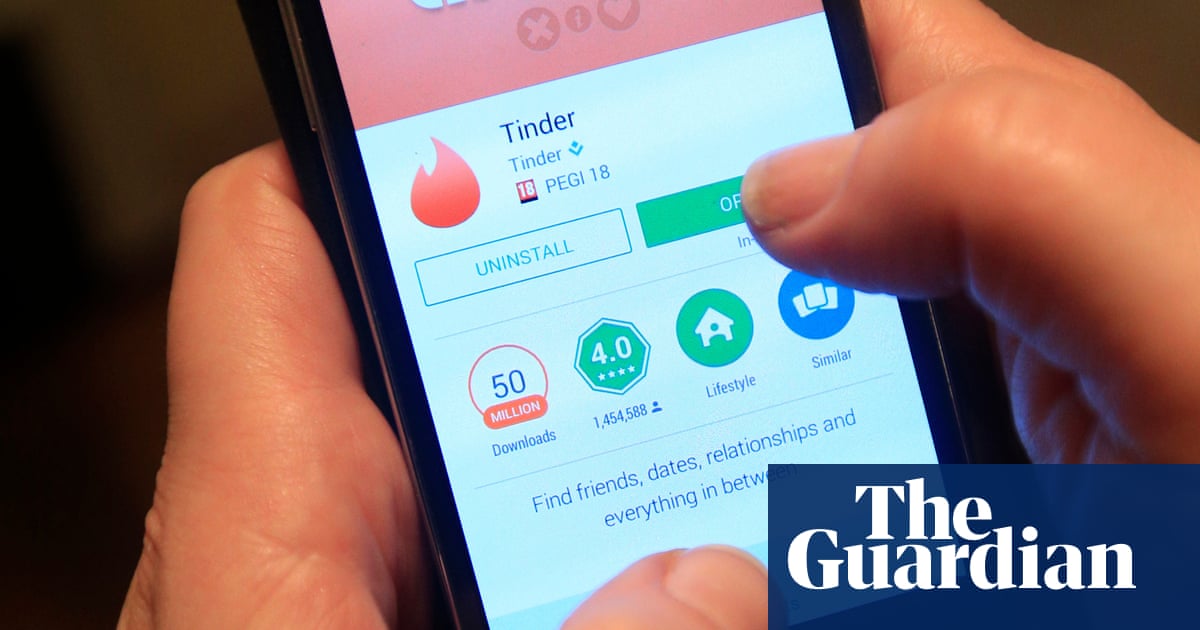Dating app users are more likely to be interested in a Reform voter than a Conservative, new research suggests.
Voters were unlikely to swipe right, or like, a profile of someone from the other side of the political spectrum – meaning that centre-right voters are more likely to pick a Reform supporter than someone who supports a leftwing party, analysis from the University of Southampton and Harvard University found.
Overall, Labour, Green and Lib Dem voters had a better chance of landing a match than Reform and Conservative voters, because people who use dating apps tend to be younger and therefore more socially liberal.
Dr Stuart Turnbull-Dugarte, lead author of the study, from the University of Southampton, said the results reflected the political polarisation of society.
He said: “Voters from the two main parties are very unlikely to want to date someone from the other party. Conservative voters were much happier to match with aReform UKvoter than someone who voted Labour.
“This isn’t about falling in love with the radical right, it’s about Conservative voters being more comfortable dating someone they disagree with on some things than dating someone from the opposite ideological camp altogether.”
The study, published in the Journal of Politics, asked 2,000 people in Britain and Spain aged between 18 and 40 – the demographic that makes up 85% ofTinderusers – to look at 20,000 fictitious dating profiles on an online app.
The profiles were AI-generated variations of attractive men and women’s faces and their bios contained information including their occupation, hobbies, interests and schooling, and some included an indication of who they voted for.
Sign up toFirst Edition
Our morning email breaks down the key stories of the day, telling you what’s happening and why it matters
after newsletter promotion
Dr Alberto López Ortega, a co-author of the paper, from Harvard University, said: “While Reform voters had a below average favourability on dating apps, they are four points more likely to enjoy success on the dating market than Conservative supporters.
“This suggests that dating a Reform UK voter is not ‘beyond the pale’ and support for the radical right has become more normalised. That said, we found expressing support for either party is likely to be a ‘red flag’ for more leftwing dating app users.”
Although a prominent fixture of the UK’s dating scene for the past decade, apps are losing popularity as younger people turn toreal-life waysof connecting with potential partners, according torecent Ofcom research. The UK’s top four dating apps have had a dip in use since 2023, withTinderlosing 600,000 users, Hinge shedding 131,000, Bumble declining by 368,000 and Grindr falling by 11,000.
